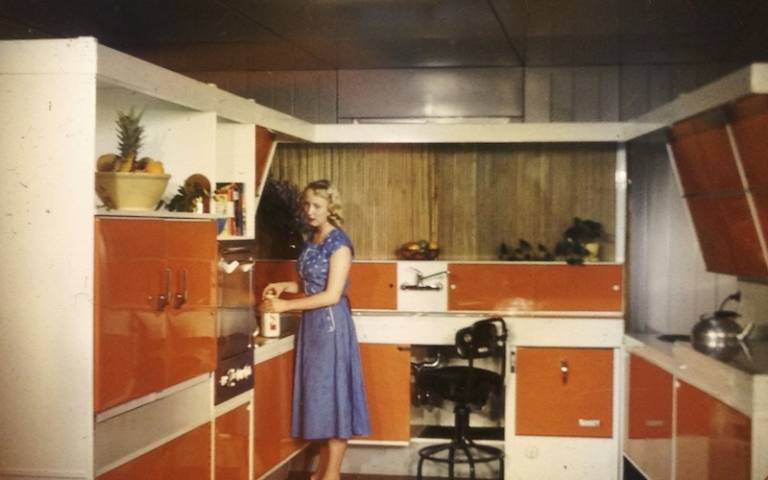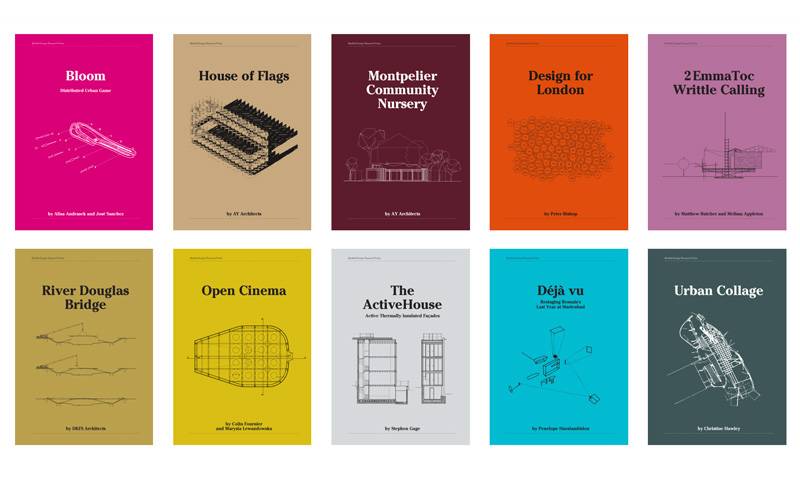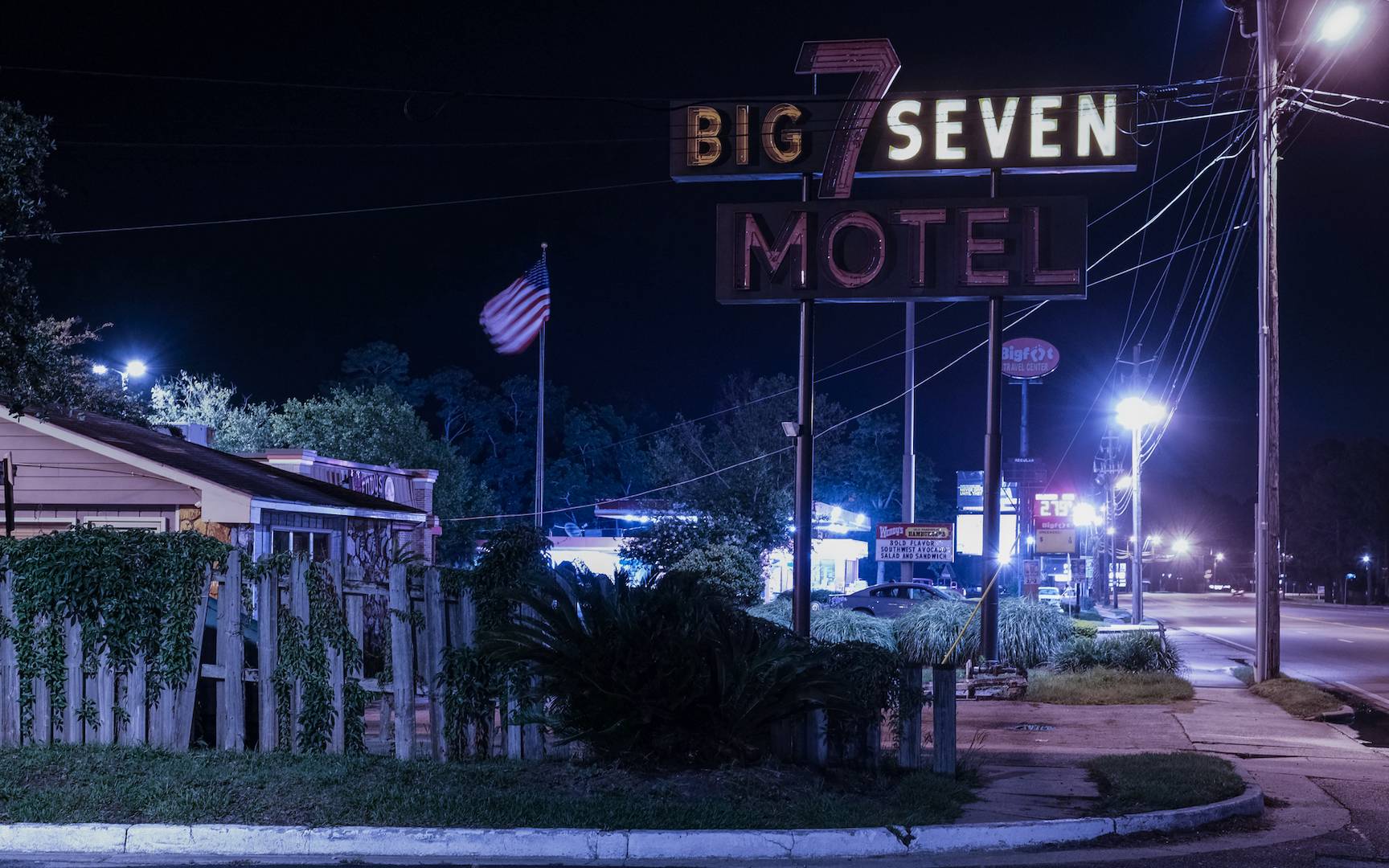This research explores how the Cornell Kitchen’ (1950–55) used ergonomics research to combine rational design, aesthetic appeal and emotional satisfaction in one prefabricated easy-to-install package.

Overview
The ‘Cornell Kitchen’ (1950–55) promised it all: rational design, aesthetic appeal, and emotional satisfaction, in one prefabricated, easy-to-install package. A team of university researchers with expertise in home economics, engineering, architecture and psychology, produced the kitchen’s design criteria with reference to both the objective and subjective factors shaping human use. It was a classic example of ‘ergonomics research’, described by historian Reyner Banham as ‘the most important branch of design science by the end of the 1950s’.
In ergonomics, objects, systems, or environments are iteratively adapted to optimise human use; scholars often focus on it as a tool of the military-industrial complex, improving the performance of soldiers in war or corporate workers in peace. But the Cornell Kitchen reminds us that ergonomics was also used to adapt domestic environments. There it had a different trajectory, legitimating a form of design that turned the prevailing top-down, standardised model inside-out.
Rather than the default user being an able-bodied white male, home economists built their designs around female workers of all ages or abilities. And, indeed, their inclusive mode of practice would soon lead them to research disability design and design for the aged, and lay the ground for practices such as universal design.
The project resulted in four collaborative events between Barbara Penner and the Dis/Ordinary Architecture Project on disability, inclusivity and standards of space; multiple journal articles; and Penner’s Leverhulme Major Research Fellowship (2021–23), which continues to research the Cornell Kitchen’s distinct female-led design tradition.
- People
- External partners
Cornell Dean’s Fellowship in the History of Home Economics, Cornell University. DisOrdinary Architecture Project: https://disordinaryarchitecture.co.uk
- Image credit
Image: Film still, Cornell Kitchen, 1954. Carl A. Kroch Library’s Division of Rare and Manuscript Collections
 Close
Close




